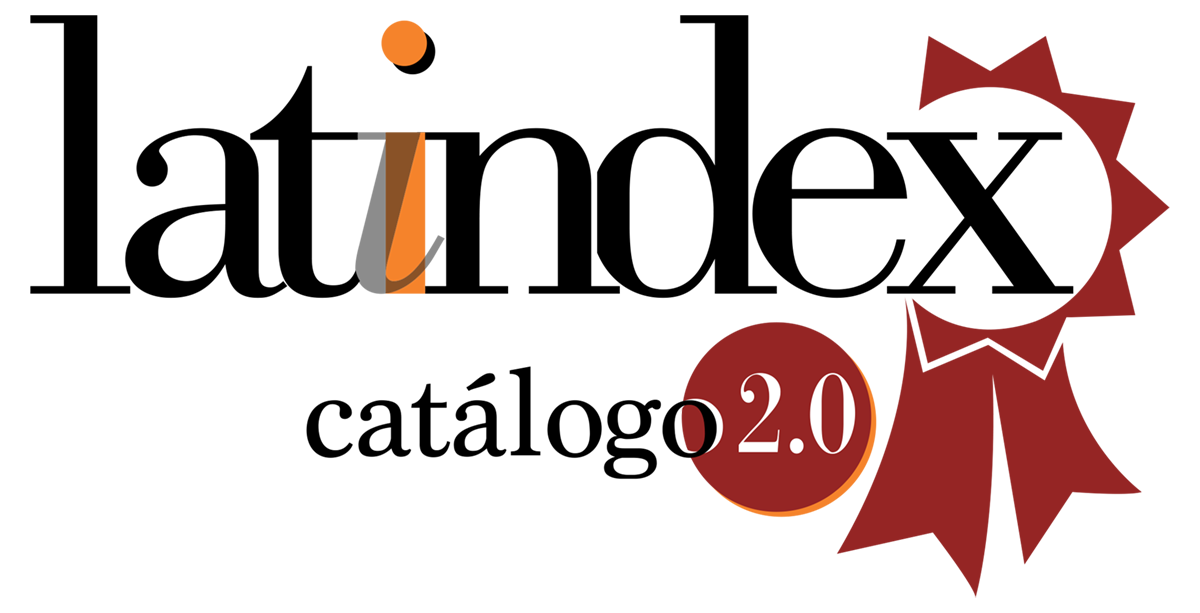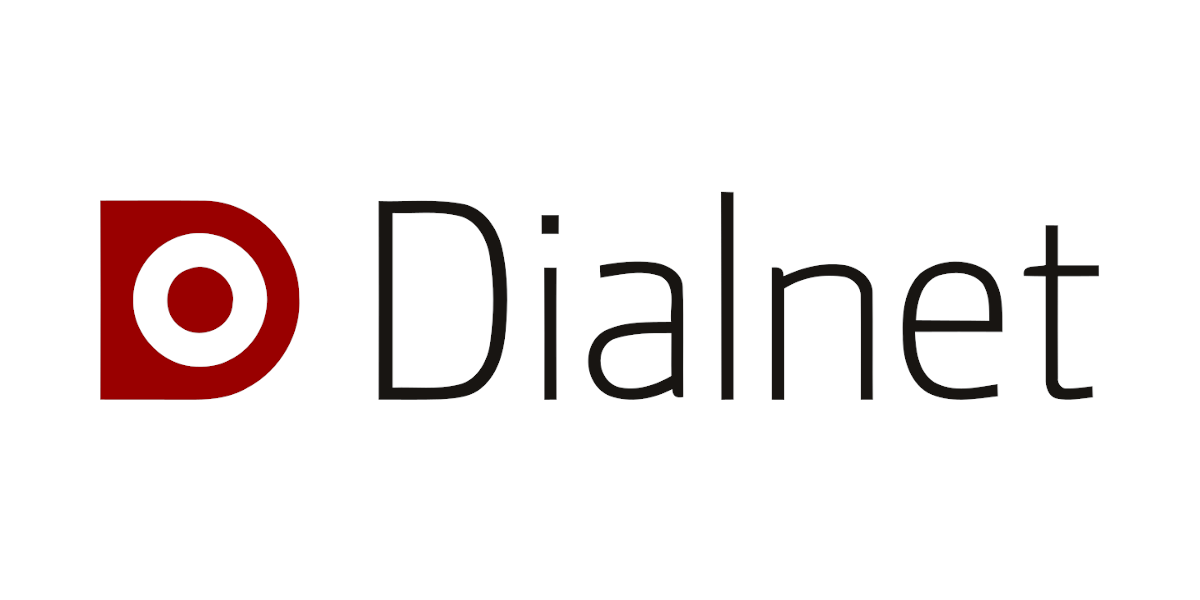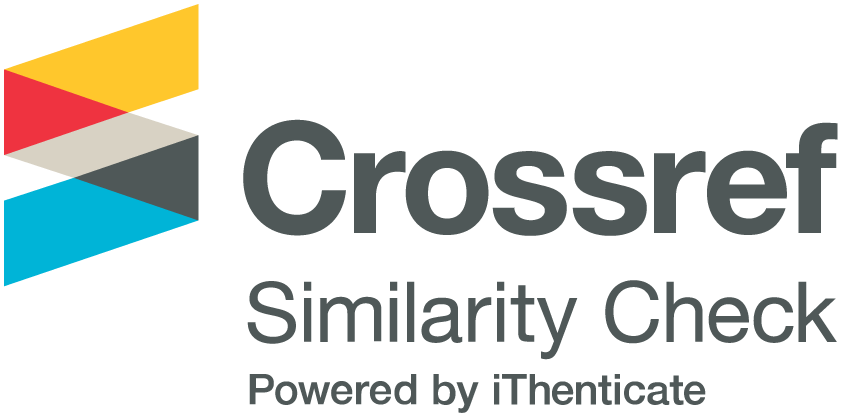Code of ethics and plagiarism detection
The Andalusian Public Foundation Centro de Estudios Andaluces declares its commitment to assume and promote an action based on ethical criteria in its scientific publications in the fields of Social Sciences and Humanities in general, as well as in the CENTRA Journal of Social Sciences in particular. All of this is in accordance with the criteria established by the Committee on Publication Ethics (COPE) and published on its website (http://publicationethics.org) and which affects the four corners of scientific communication: Editorial Managers, Editorial Board, Authors and Evaluators.
Editorial Managers
The President, Director, Editor and Editorial Coordinator of the Editorial Board of the CENTRA Journal of Social Sciences assume the following commitments and obligations that are included in the following decalogue:
1. Promote universalism in the management and evaluation of all texts received for eventual publication in any of the sections of the journal.
2. Under no circumstances will they engage in any activity that involves discrimination against texts and their authors for social, political, ideological, religious, ethnic or any other non-universalist reasons.
3. All decisions they make regarding the publication or rejection of the texts received must be reasoned and based on the aforementioned principles of universality and independence of judgment, and must arise from strict adherence to the evaluation procedures and writing standards published on the CENTRA Journal of Social Sciences website.
4. Declare any conflict of interest and abstain from managing the texts, and with respect to their authors, who are affected by this situation.
5. Maintain confidentiality and not make public the data and information obtained from texts and authors in the performance of their duties.
6. Guarantee the intellectual property that the authors have over the texts they submit to the journal.
7. Defend the independence of the judgments and opinions that the Editorial Board, authors, and evaluators have on their own.
8. Establish a fluid and open relationship with the rest of the Editorial Board.
9. Develop their work with the necessary dedication that their editorial responsibility requires and be open to maintaining communication with the rest of the actors in the communication flow (authors, evaluators, and members of the broader Editorial Board) in order to maintain, and to the extent possible, improve the quality of the entire process of scientific publication and dissemination.
10. Report, in full detail and transparency, on the decisions taken in their performance both in the editorial boards, which will be held at least biannually, and at the specific request of one or more of the members of the Editorial Board, the author(s), and the evaluator(s).
Editorial Board
All members of the Editorial Board will uphold, when appropriate, the previous ethical canon of the editorial managers, and additionally will also have the following commitments and obligations:
1. Act as guarantors and notaries that the previous decalogue of principles is assumed by the editorial managers.
2. Assist the editorial managers in decisions on whether or not to publish the texts submitted in general, and especially when they are required for this purpose in specific cases of evaluation and punctual discussion.
3. Promote and participate in editorial initiatives related to topics and authors that are considered valuable to increase the quality of the journal.
4. Demand from the editorial managers the detail and specificity of the different decisions taken in the period between the holding of the different editorial board meetings.
5. Attend the editorial board meetings in person or virtually.
Authors
With regard to the authors of the texts submitted to the CENTRA Journal of Social Sciences, they are obliged to respect the following decalogue. The authors will assume the consequences of any kind that may arise from their non-compliance. The journal may inform its readers of the violation of these principles when the case becomes particularly serious or it considers it appropriate. Specifically, the commitments and obligations are the following:
1. To assume and respect the ethical principles of scientific research and publication in the submitted text, carrying out one's work honestly and avoiding dishonest practices such as: fraud involving falsification, invention or manipulation of data; repeated publication; plagiarism in its different forms and variants such as those that involve using ideas, using a series of words, detailing work or presenting data from another source without the specific and concrete citation of the people who previously published or distributed them, and of the previous and original sources; as well as co-authorship conflicts, respecting the rights of others in all cases.
2. To submit unpublished and original texts in all their parts. The republication of parts of texts previously published by the author/s is also considered a dishonest practice.
3. Avoid the practice of having a text submitted to the CENTRA Journal of Social Sciences for eventual publication simultaneously sent to another journal or publisher. The journal does allow receiving texts that have been previously rejected by other journals or publishers, but only if they have a definitive evaluation judgment before being submitted to our journal.
4. Obtain prior consent from their respective sources regarding the publication of texts, figures, photos or tables from other publications. The authors will be responsible for any conflict arising from their publication and will be responsible for obtaining such permissions, as well as having the obligation to reference the source consulted.
5. Respect the rules of the journal in general and the writing rules in particular. Special attention must be paid to the correct citation of all bibliographic and data sources consulted.
6. Obtain informed consent from all persons involved in the case that the submitted text includes works in which people participate as subjects of the research. In said consent, these persons will be informed of the objectives of the research, of the dissemination of the results, and will be assured of the confidentiality of their personal data.
7. Cite, if applicable, the direct or indirect source of funding for the works and research contained in the submitted text.
8. Expressly warn the editorial managers if their text involves any type of conflict of interest linked to the development of the research or its eventual publication.
9. Inform the editorial managers of any inaccuracy, error or problem arising in relation to the submitted text, both in the evaluation process and, if applicable, once the text has been published.
10. Be aware that the texts will be reviewed using the iThenticate plagiarism detection software. Each text received for possible publication will be submitted to the aforementioned computer program before the evaluation process begins. Based on the report generated by the software, the editor, together with the other editorial managers and the technical team, will decide in each case whether or not the manuscript continues the evaluation process. In the event that the process does not continue for this reason, the author will be informed of the results of the plagiarism detection report.
Reviewers
The reviewers of the CENTRA Journal of Social Sciences, like the rest of the people involved in the editorial process, must also assume the ethical canon of the journal and very particularly the commitments and obligations that are framed in the following decalogue:
1. Follow, in all cases, a strict criterion of universalism in their judgments and arguments about the texts they evaluate, avoiding merely subjective and disqualifying judgments of a non-scientific or personal nature. They will also avoid revealing their identity, expressly or tacitly, in the evaluation text they write.
2. Follow the instructions established in the evaluation template they receive, preparing their report in a detailed and scrupulous manner, avoiding generalities, brief arguments, incoherent and inconclusive judgments.
3. Make comments and suggestions to the editorial managers, and especially to the editor of the journal, on the text received that they consider relevant for the successful completion of the process and that do not appear in the evaluation template. And, in turn, they must be receptive to those suggestions from the editorial managers that try to improve the quality of the evaluation they must carry out.
4. Indicate to the editorial managers or the management technicians of the journal any aspect that has allowed them to identify the author(s) of the text, given that the evaluation procedure follows the peer-to-peer and double-blind system.
5. In the event that they have identified the author(s), or even without identifying them expressly, they can intuit the possible authorship of the text received for evaluation, and that all this entails some type of conflict of interest, they must immediately inform the editorial managers or management technicians of the journal and refrain from carrying out said evaluation.
6. Respect the principle of confidentiality at all times, even after the text has been rejected or published, without publicly or privately disclosing any data, information or arguments from the texts received for evaluation.
7. Refuse to use the information received during the text evaluation process for personal academic purposes of their own or of third parties.
8. Delete from personal computers and under no circumstances disclose to third parties all text and material received to carry out the evaluation, whether or not the received text is published.
9. Accept that their names will be published biennially on the journal's website. In no case will such publication link their names with the texts submitted for evaluation, or with the judgments made or decisions taken.
10. Carry out the evaluation within the deadlines established by the editorial managers.









